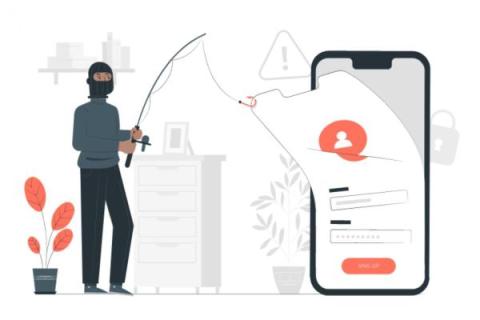5 DevSecOps Checklists to Embrace Advanced Techniques in 2025
If you’re here, you know the basic DevSecOps practices like incorporating proper encryption techniques and embracing the principle of least privilege for access control. You may be entering the realm of advanced DevSecOps maturity, where you function as a highly efficient, collaborative team, with developers embracing secure coding and automated security testing best practices.











